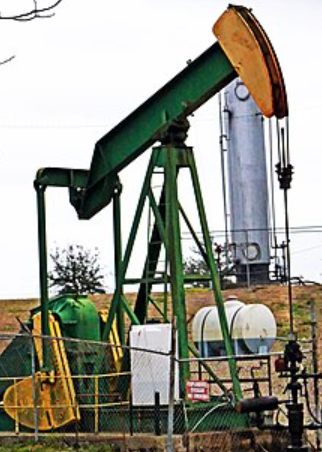March 26, 2021
 Iran appears to have managed only one-fifth its normal oil exports in 2020, according to figures released by Central Bank Governor Abdolnasser Hemmati.
Iran appears to have managed only one-fifth its normal oil exports in 2020, according to figures released by Central Bank Governor Abdolnasser Hemmati.
He said the country earned “less than” $20 billion from crude exports last year because of US sanctions. He did not hint at how much “less than” $20 billion was pocketed.
However, assuming a full $20 billion and given the average price of an OPEC barrel in 2020, which was $41.47, that would calculate to an average daily export of just 488,000 barrels a day, far less than many market analysts have been saying.
That 488,000 figure could be higher if Iran is selling its oil at significant discounts, as most believe. But it could be lower if Iran’s revenues were much “less than” $20 billion.
Iran’s normal daily exports in the quarter century from the end of the Iran-Iraq War to the beginning of sanctions on oil sales were 2.5 million barrels a day.
Hemmati did not say how much of those revenues Iran got its hands on. In many countries, the money for Iranian oil is deposited in local bank accounts from which Iran can only withdraw funds for purchases in that country.
In mid-March, news reports from multiple sources said China had begun to buy much more Iranian crude. Kpler, the oil market tracker, said China had bought 856,000 barrels a day of Iranian crude in March, up from 374,000 barrels a day in February. But then China released its import figures showing it had bought no crude at all from Iran in January or February.
Some analysts thought that meant China was buying Iranian oil that was sold to it as originating in some other country. But others dismissed Kpler’s figures, noting that it is normally higher than others.
One bright spot that everyone agrees on is Iran’s sales of gasoline and diesel. Iran recently completed long-overdue refinery expansions geared to meeting domestic demand for fuel. But the coronavirus epidemic has vastly reduced driving and left Iran with a huge surplus of fuel, which it is exporting, mainly to Afghanistan, Pakistan, Armenia, Azerbaijan and Iraqi Kurdistan, a deputy oil minister announced in January.




















